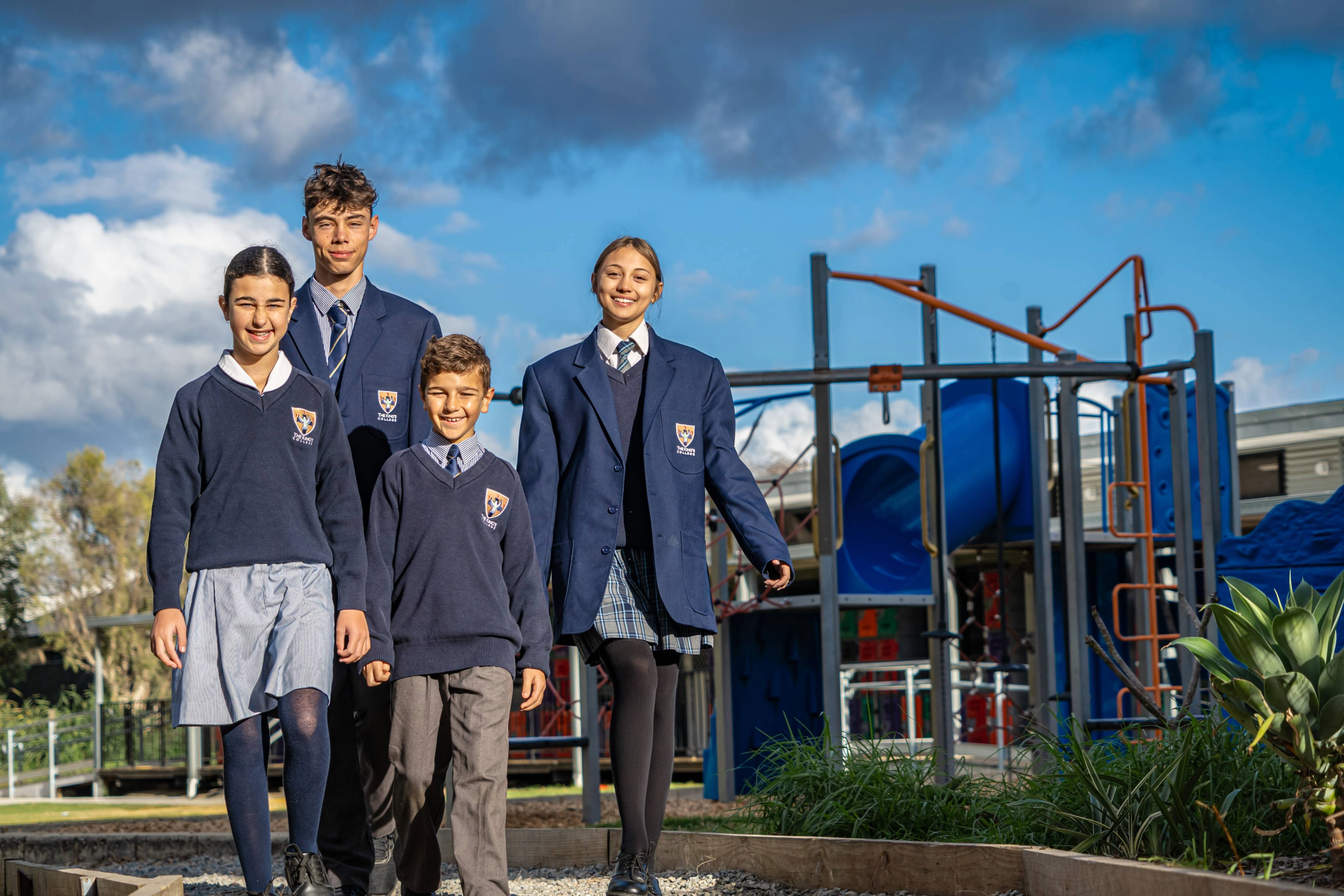Student Wellbeing

Supporting the Whole Child: The Importance of Social-Emotional Learning
At our school, we believe that education is about more than academics; it’s about supporting the whole child. This includes not only intellectual development, but also social and emotional growth. That’s why we dedicate time each week to Social-Emotional Learning (SEL) for all our Secondary students.
Each week, students participate in a 30-minute SEL lesson designed to help them build resilience, develop self-awareness, manage stress, and foster healthy relationships. These lessons are a core part of our approach to student wellbeing and personal development.
What is Social-Emotional Learning?
Social-Emotional Learning (SEL) is the process through which young people acquire the skills to understand and manage emotions, show empathy for others, establish positive relationships, and make responsible decisions. Research shows that students who receive regular SEL instruction show improved academic performance, better attitudes toward school, and reduced emotional distress.
Our SEL Program in Secondary: Open Parachute
To ensure our SEL curriculum is evidence-based and relevant, in Secondary, we use the Open Parachute program, a comprehensive, video-based program created by clinical psychologists. It features real stories from young people and guided discussions that help students reflect on their own experiences in a safe and supportive environment.
What Topics Are Covered?
The Open Parachute program addresses a range of age-appropriate topics relevant to today’s students, including, but not limited to:
- Managing stress and anxiety
- Developing emotional intelligence
- Building resilience and healthy coping strategies
- Understanding peer pressure and social dynamics
- Promoting self-worth and a healthy self-image
- Navigating online interactions and digital wellbeing
- Practising empathy, inclusion, and respect
These topics are explored through videos, interactive activities, and class discussions, encouraging students to share thoughts and build connections with peers.
Why it Matters
Adolescence can be a challenging time, and SEL helps students gain the tools they need to navigate school life—and life beyond—with confidence and compassion. By embedding SEL into our weekly schedule, we are not only supporting academic achievement but also helping our students develop into thoughtful, self-aware, and resilient individuals.
We encourage you to speak with your child about what they are learning in their SEL sessions. These conversations can help reinforce the messages at home and strengthen the partnership between school and family.
If you have any questions or would like to learn more about the Open Parachute program, please don’t hesitate to reach out to your child’s Pastoral Care teacher or Head of Year.
Supporting Students Through Trauma-Informed Practice
At The King’s College, we understand that some students may have experienced trauma that affects how they learn, interact, and cope with challenges at school. Trauma can impact a student’s ability to regulate emotions, focus during class, and feel safe or connected to others. A trauma-informed approach helps us recognise these effects and respond in ways that promote safety, trust, and consistent support – creating a school environment where all students can thrive.
We are guided by the Berry Street Education Model, an evidence-based framework that supports the social and emotional development of students, particularly those who have experienced adversity. As we implement this model over the next few years, we are tailoring it to meet the needs of our own school community. Our current focus areas include predictable classroom routines to provide structure and security, regular brain breaks to support emotional regulation and showing unconditional positive regard, so every student feels valued. We will also be using strength spotting to celebrate each student’s unique qualities and developing Ready to Learn Plans to support students who may need extra help regulating or getting back on track.
It’s important to clarify that being trauma-informed does not mean lowering expectations or removing consequences when students don’t meet behavioural standards. Instead, it means we approach behaviour through a lens of understanding – ensuring consequences are consistent, fair, and delivered in a supportive way. Our goal is to help students grow in resilience, accountability, and self-awareness while feeling safe and supported at school.
Rebecca Servina
Deputy Principal Student Services 7-12
